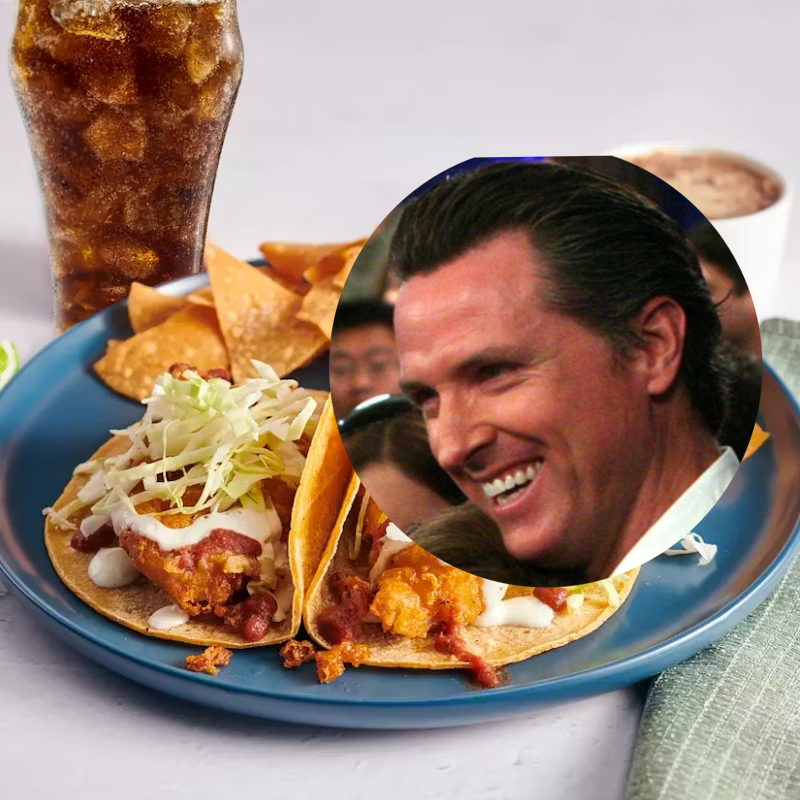In a significant development for the California restaurant industry, Rubio’s Coastal Grill has announced the closure of 48 of its locations across the state. The decision comes in the wake of the state’s new $20-an-hour minimum wage for fast food workers, which took effect on April 1. The Mexican chain cited the rising cost of doing business in California as a primary factor in its decision.
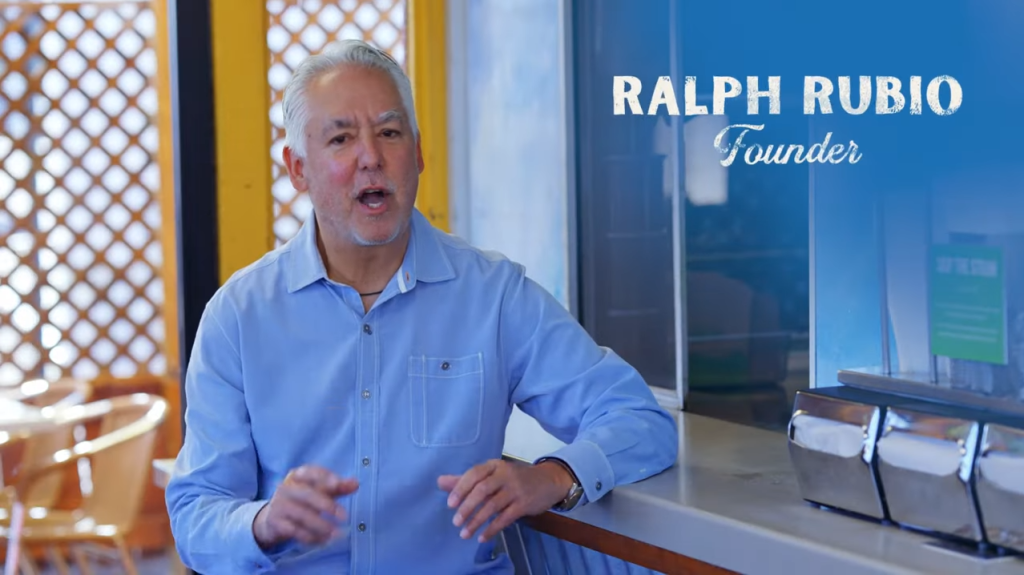
Rubio’s spokesperson described the closures as a painful but necessary step in the company’s strategic long-term plan. The San Diego-based chain, renowned for its fish tacos, was founded by Ralph Rubio, who introduced the dish to Americans after discovering it in Baja California in the late 1970s. The first Rubio’s stand opened in San Diego in 1983, earning Ralph Rubio the title of San Diego’s taco king.
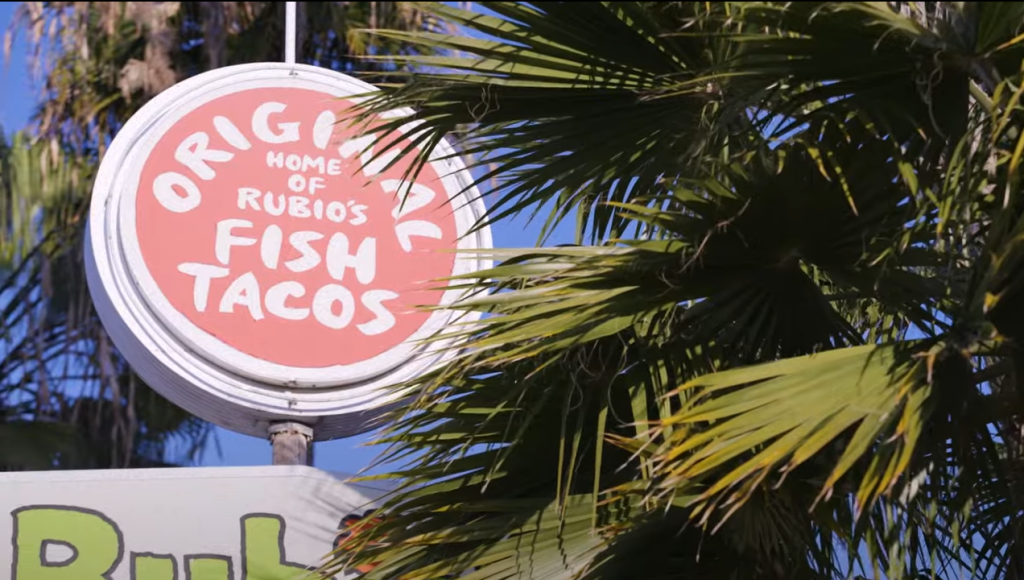
At its height, Rubio’s operated around 200 restaurants, primarily in California, with additional locations in four other states. However, the COVID-19 pandemic significantly impacted the chain, forcing it to close all its restaurants in Florida and Colorado. In the fall of 2020, Rubio’s filed for bankruptcy protection and restructured its operations.
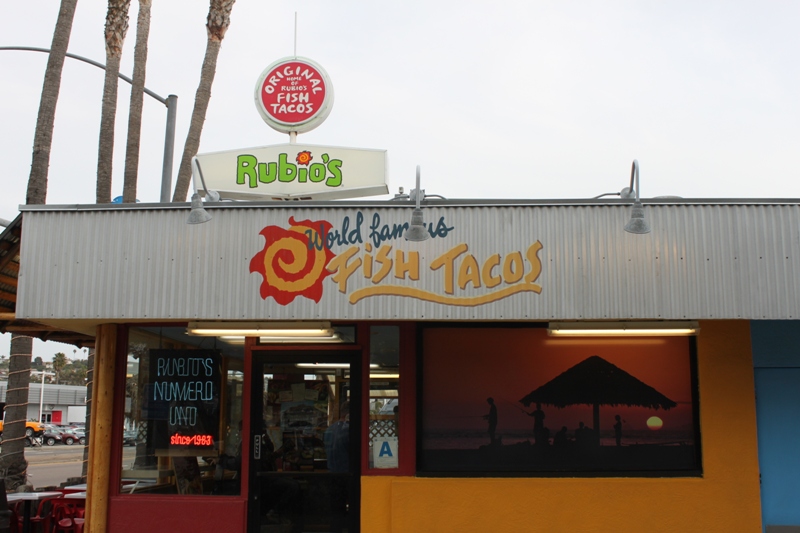
The recent closures represent just over a third of the 134 Rubio’s restaurants that remained across California, Nevada, and Arizona. The affected locations include 24 in the Los Angeles area, 13 around San Diego, and 11 in northern California, including Sacramento and the Bay Area.
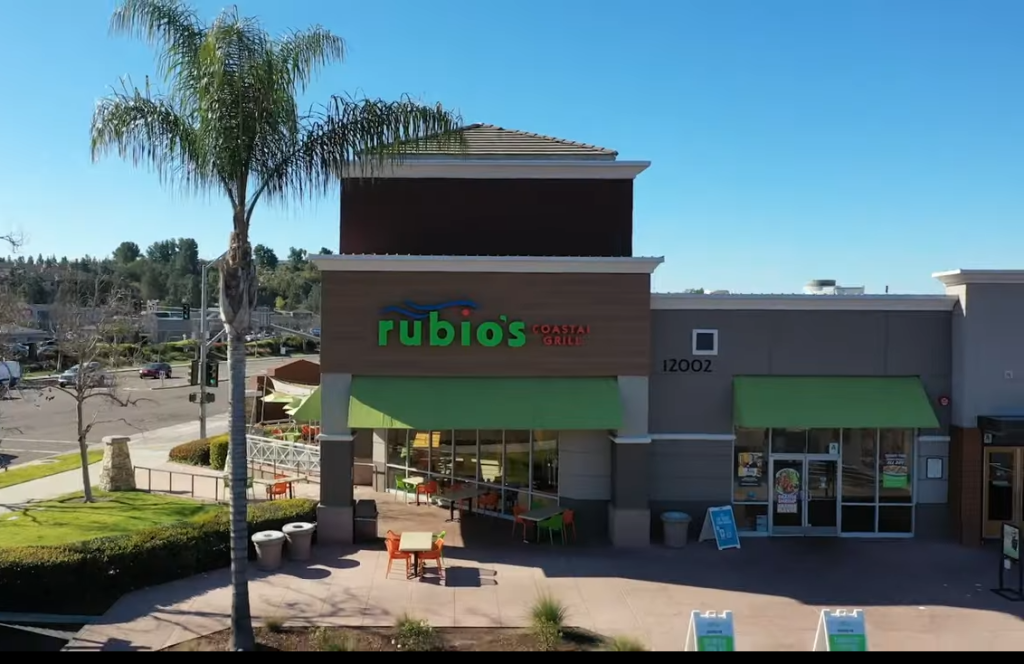
Experts have pointed to the impact of the $20-an-hour minimum wage on fast food restaurants in California. University of San Diego Economics Professor Alan Gin highlighted the substantial increase from the previous $16 per hour rate as a significant challenge for Rubio’s. However, Gin also noted that the chain had been struggling with financial difficulties for some time.
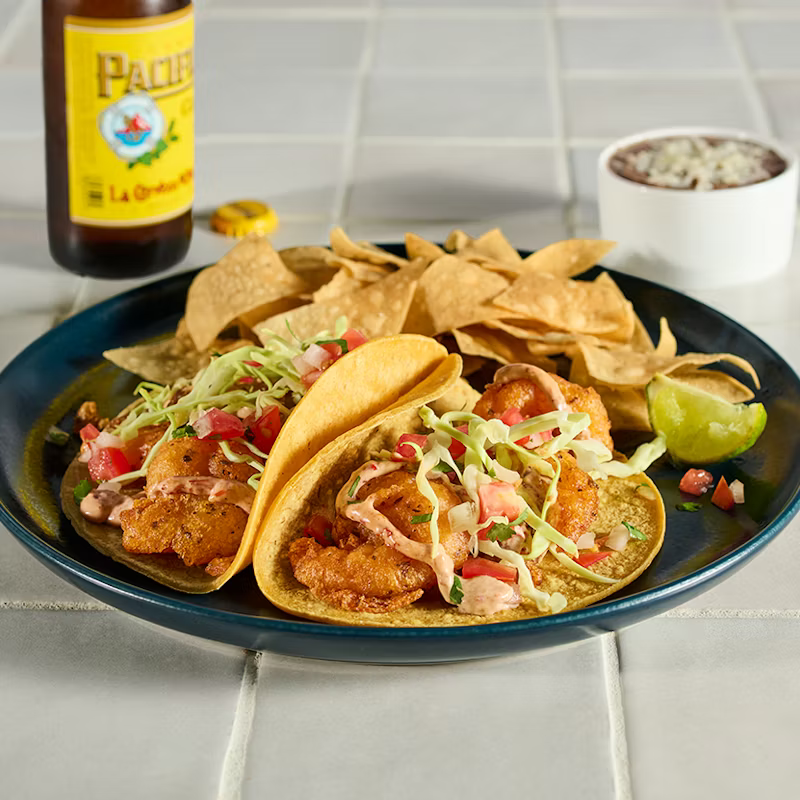
Following the announcement, Rubio’s employees took to social media to express their frustration and disappointment. Many workers reported finding out about the closures only when they arrived for their shifts, with no prior warning or severance offered. One former employee shared their experience on Reddit, noting the lack of communication and support from the company.
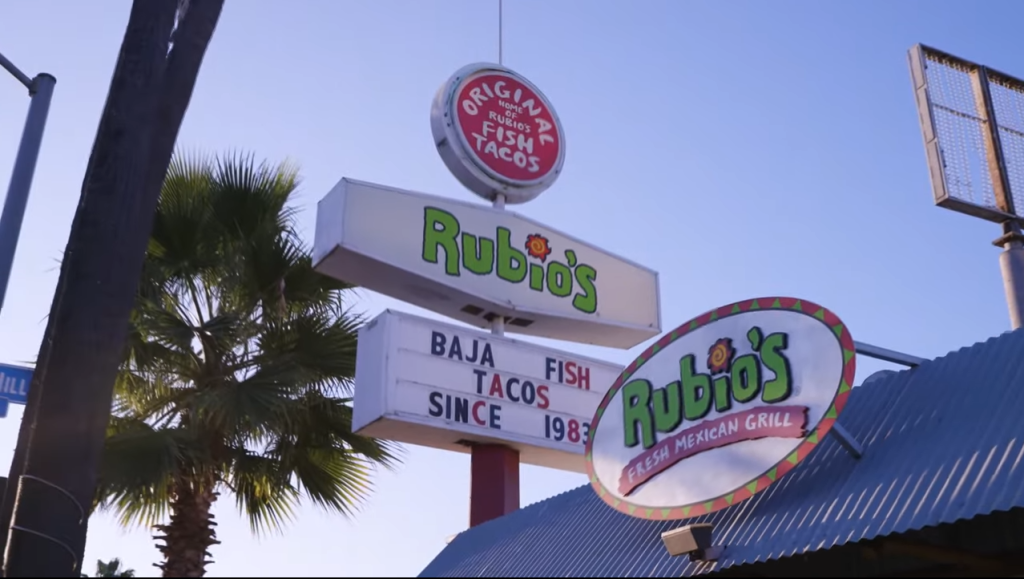
The increase in labor costs due to the higher minimum wage could be the tipping point for fast food chains like Rubio’s. While larger chains can absorb such costs through economies of scale, smaller chains with fewer outlets face greater financial strain.
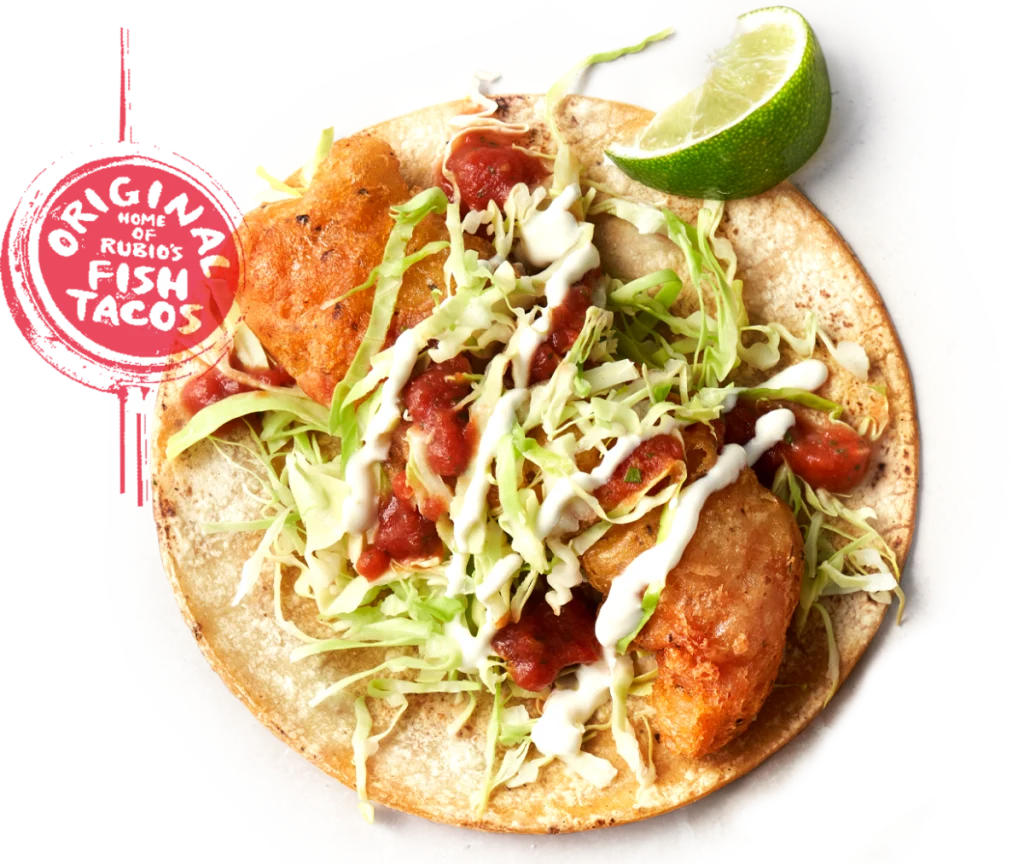
Rubio’s has not disclosed the full list of shuttered locations, but a Reddit user provided a partial list of closures around Los Angeles, including sites in Adelanto, Anaheim Hills, Brea, and several other cities. Additionally, 12 locations in San Diego County have been closed.
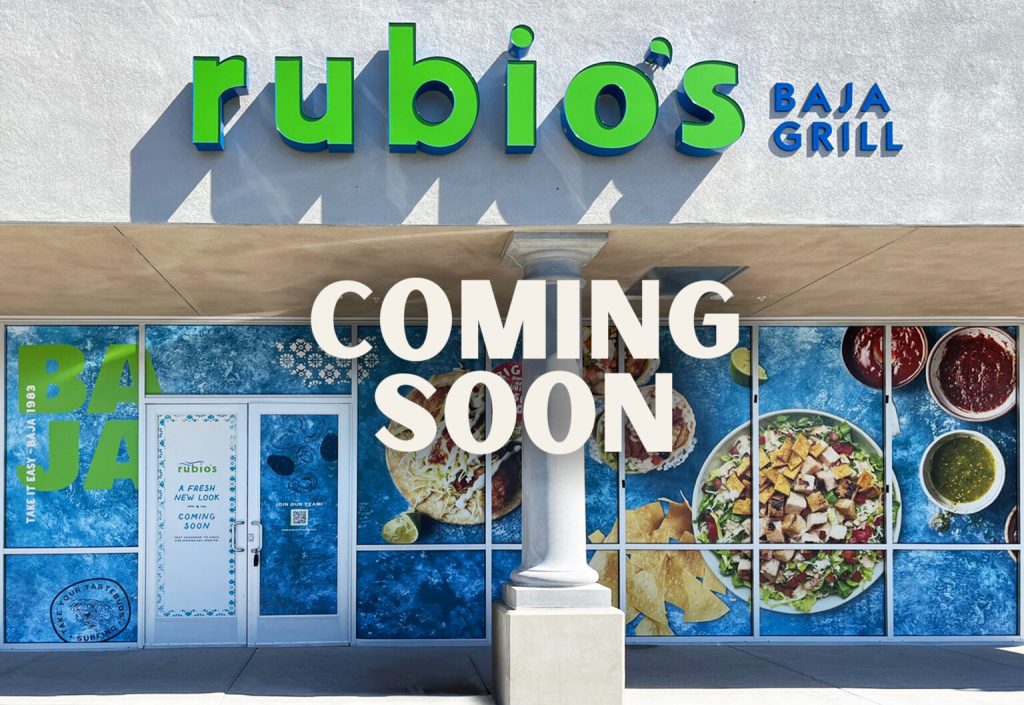
The company’s spokesperson emphasized that the decision to close stores was not made lightly and that opening of other stores in better performing markets was still on the table. After a thorough review of its operations and the current business climate, Rubio’s determined that closing underperforming locations was necessary to ensure the brand’s long-term viability. Despite the closures, Rubio’s will continue to operate 86 stores in California, Arizona, and Nevada.
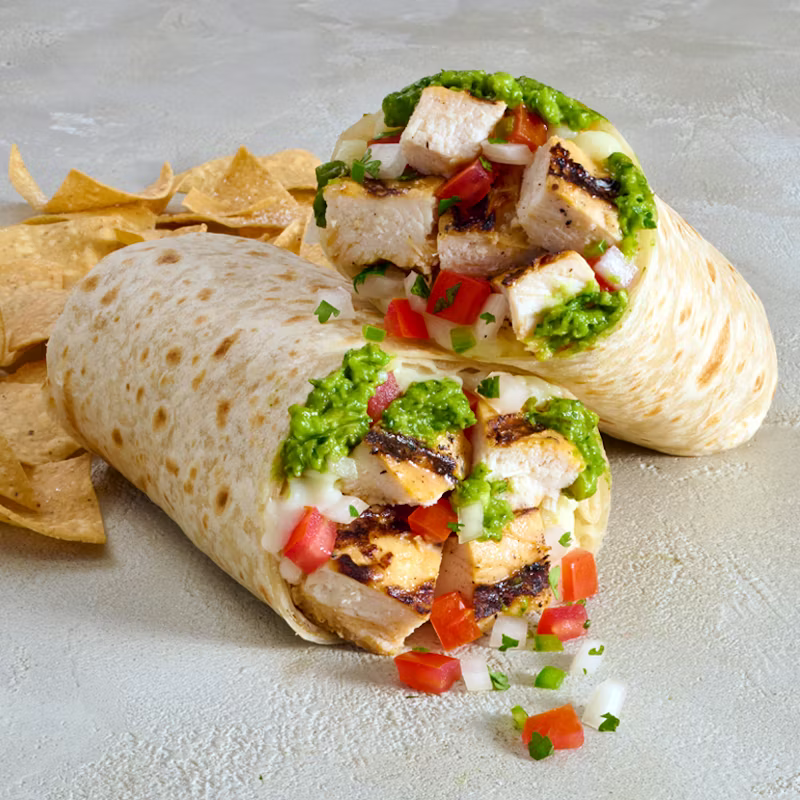
As the fast food industry grapples with rising costs and changing economic conditions, the impact of California’s minimum wage increase is likely to continue shaping the landscape. The fate of Rubio’s Coastal Grill serves as a stark reminder of the challenges faced by businesses adapting to new financial realities.

